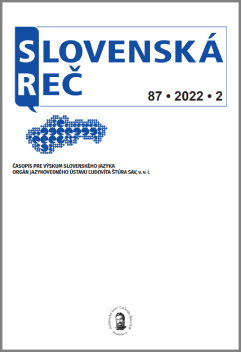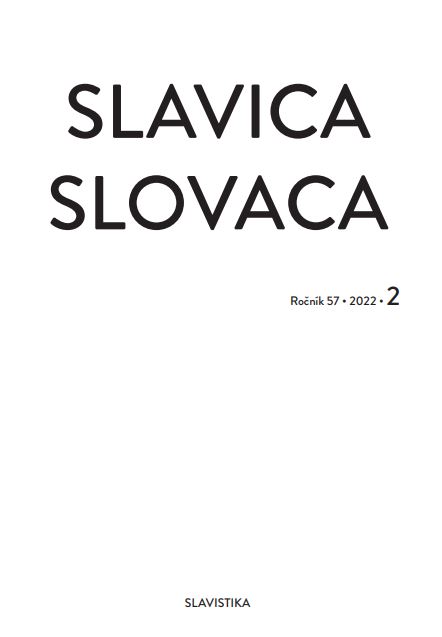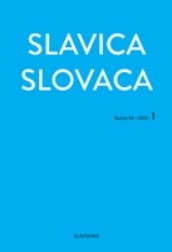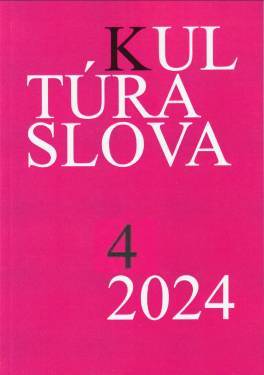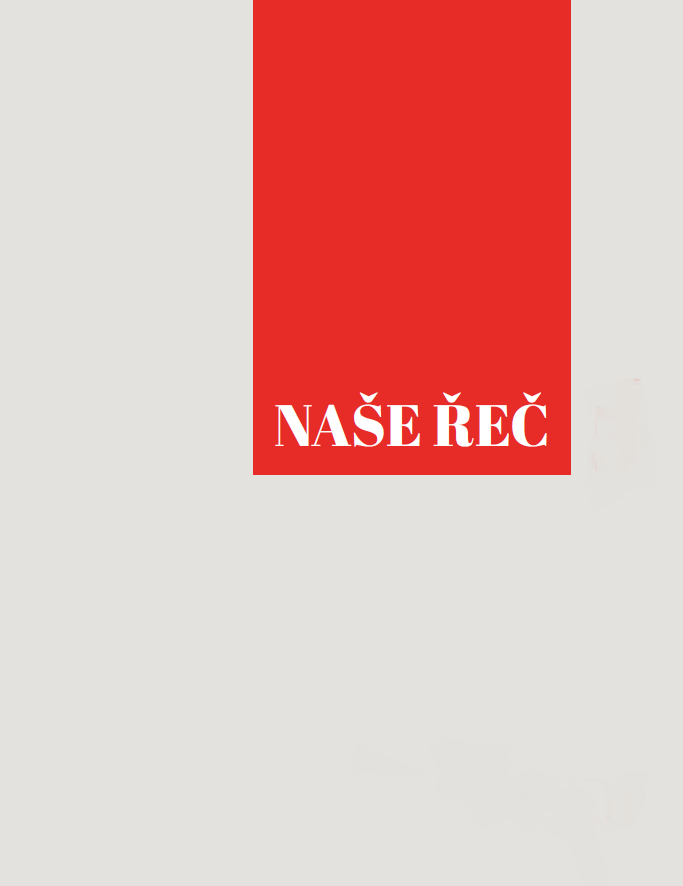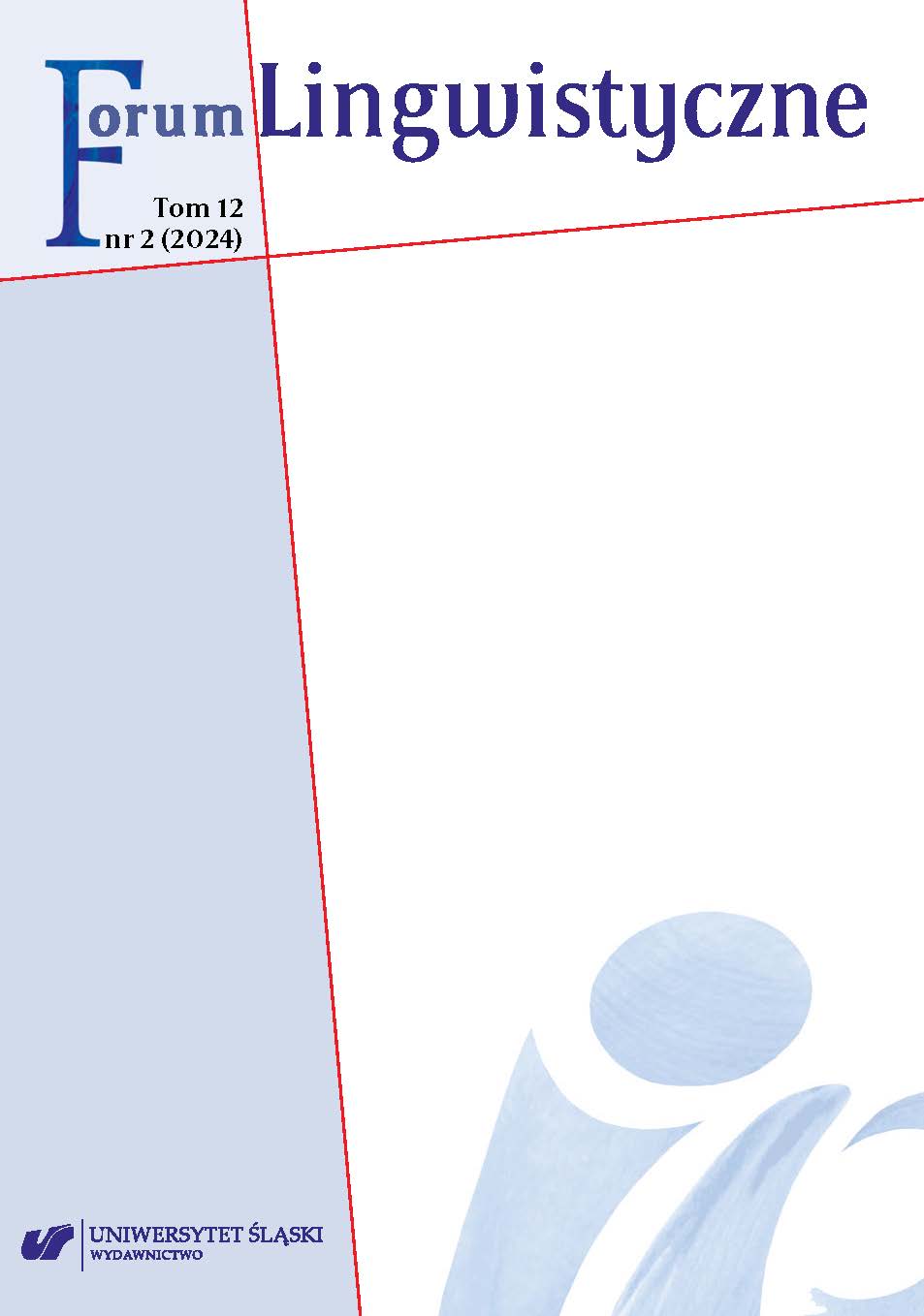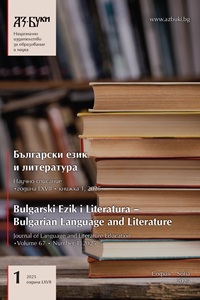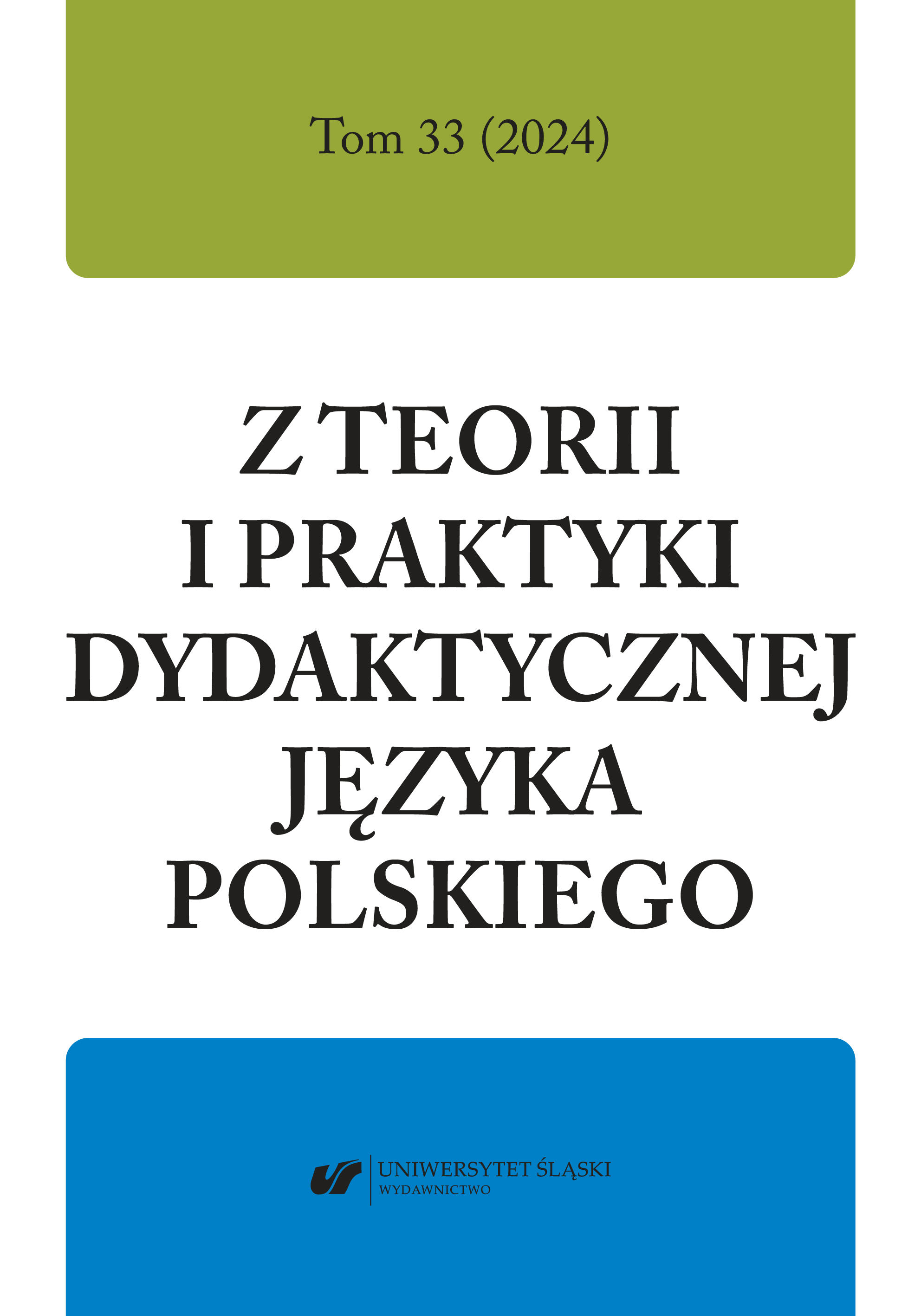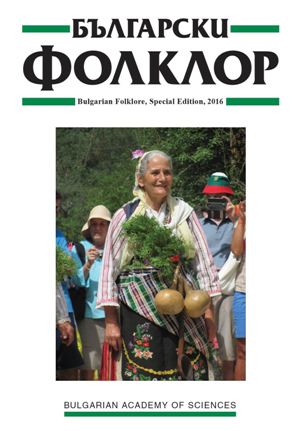
‘One Day in Slovak, Another Day in Bulgarian’: Aspects of the Familial Upbringing of Children of Bulgarian-Mixed Origin
This paper addresses the specific situations faced by children of interethnic families relating to the ethnocultural, linguistic, and religious upbringing by their parents. The study focuses on persons born into Bulgarian-Russian, Bulgarian-Ukrainian, Bulgarian-Austrian, Bulgarian-Slovak, and Bulgarian-German families which reside in either Bulgaria or other European countries. An individual’s ethnocultural education is considered a part of the process of enculturation and socialization that occurs in the first few years of his or her life. In interethnic families, there are three cultural models that parents use to transmit their ethnic backgrounds to their descendants: the ‘one-sided arrangement’, ‘alternative arrangement’, and ‘creative adjustment’. The linguistic education includes the different means chosen by parents for transmitting their language competence to their offspring. The discussion of religious upbringing is based on data from people raised with two cultures and two festivity systems, and their family practices regarding religious holiday celebrations.
More...

